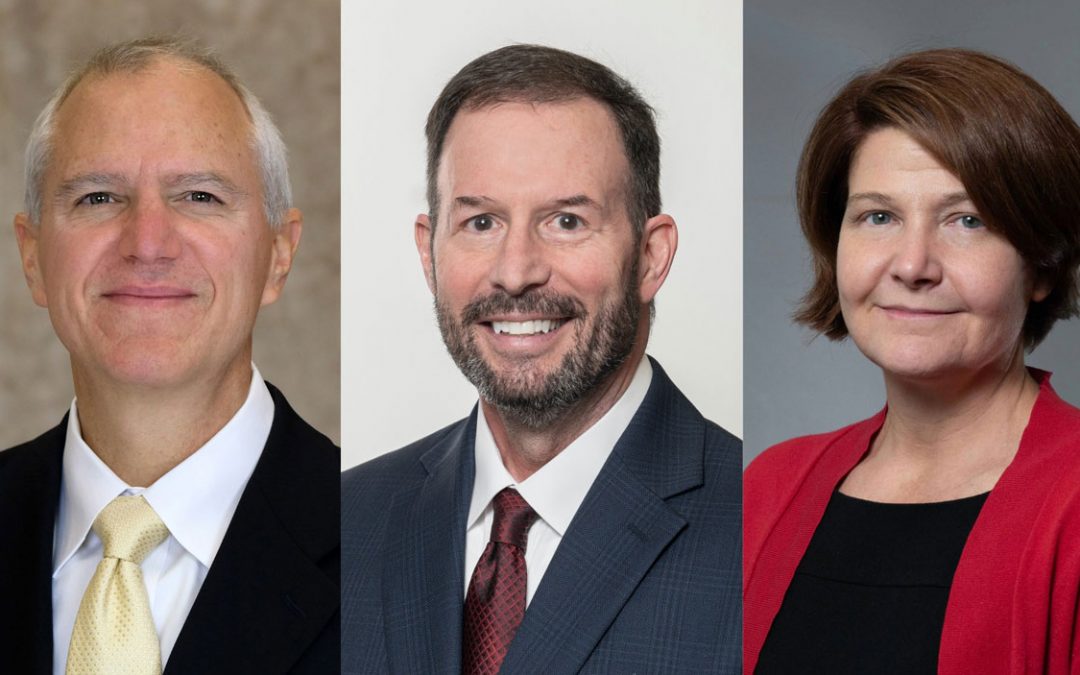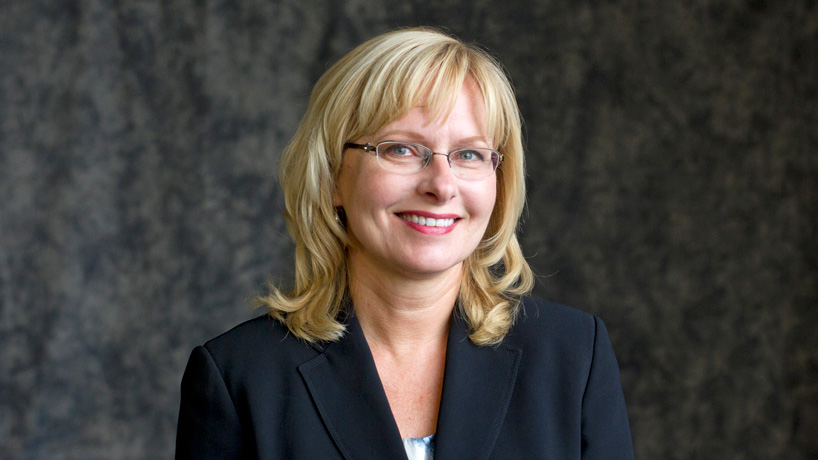It is the highest rank in the University of Missouri System and recognizes faculty members for exceptional contributions to research, education and service.


It is the highest rank in the University of Missouri System and recognizes faculty members for exceptional contributions to research, education and service.
It is the highest rank in the University of Missouri System and recognizes faculty members for exceptional contributions to research, education and service.
It is the highest rank in the University of Missouri System and recognizes faculty members for exceptional contributions to research, education and service.
Several faculty members also represented UMSL at the conference, including Missouri Collegiate Educator of the Year Kurt Baldwin.

To celebrate its anniversary, UMSL is spotlighting 60 alumni who apply one or more of the university’s core values in the world and help to make it a better place.
To celebrate its anniversary, UMSL is spotlighting 60 alumni who apply one or more of the university’s core values in the world and help to make it a better place.
To celebrate its anniversary, UMSL is spotlighting 60 alumni who apply one or more of the university’s core values in the world and help to make it a better place.

Braddix was promoted to dean of students in April after 14 years working in the Division of Student Affairs at his alma mater.
Braddix was promoted to dean of students in April after 14 years working in the Division of Student Affairs at his alma mater.
Braddix was promoted to dean of students in April after 14 years working in the Division of Student Affairs at his alma mater.

Lauritsen is the third member of UMSL’s Department of Criminology and Criminal Justice to be elected president, following the late Bob Bursik and Richard Rosenfeld.
Lauritsen is the third member of UMSL’s Department of Criminology and Criminal Justice to be elected president, following the late Bob Bursik and Richard Rosenfeld.
Lauritsen is the third member of UMSL’s Department of Criminology and Criminal Justice to be elected president, following the late Bob Bursik and Richard Rosenfeld.
In the 1970s and 80s, University of Missouri–St. Louis criminologist Robert Bursik's research on the social...